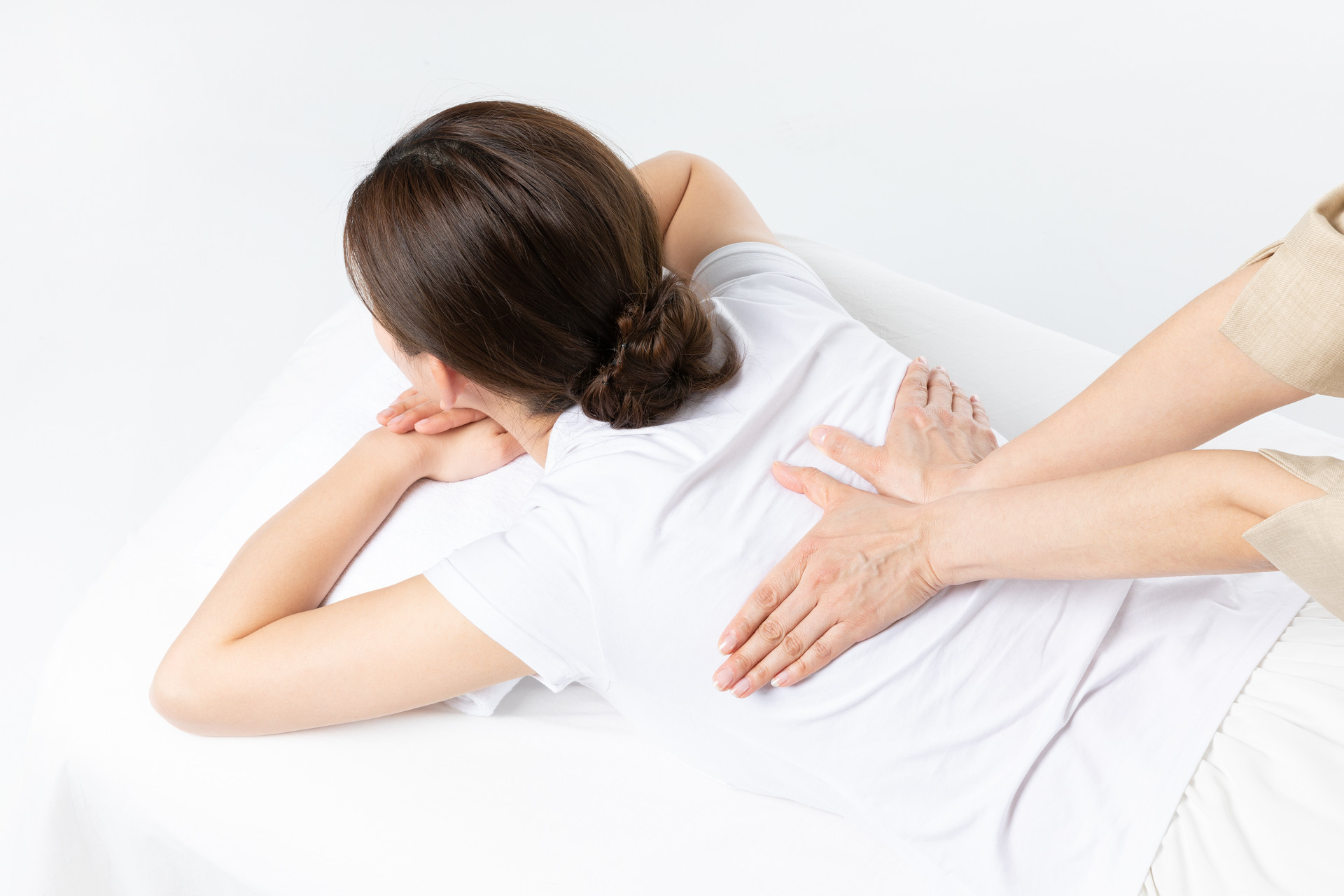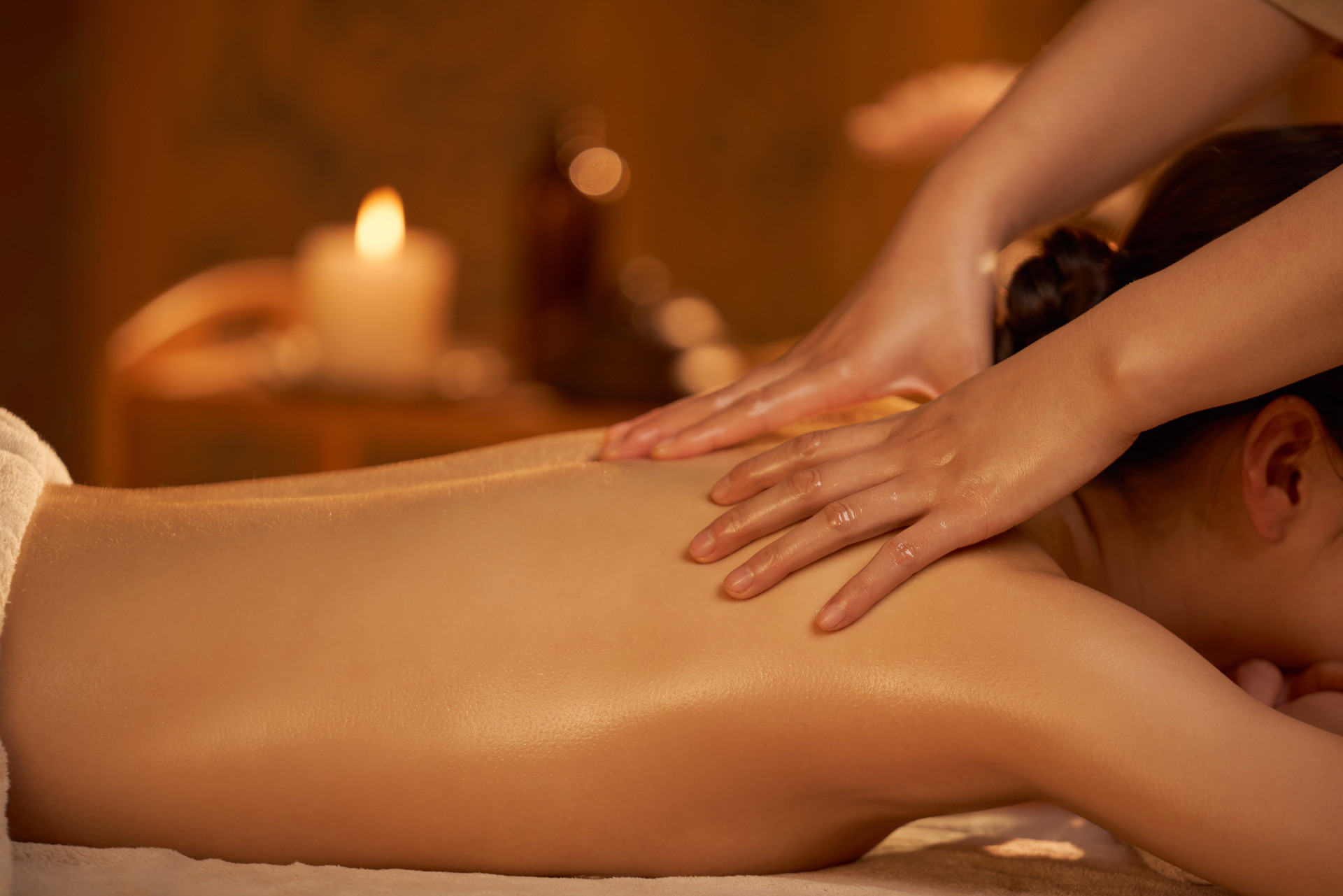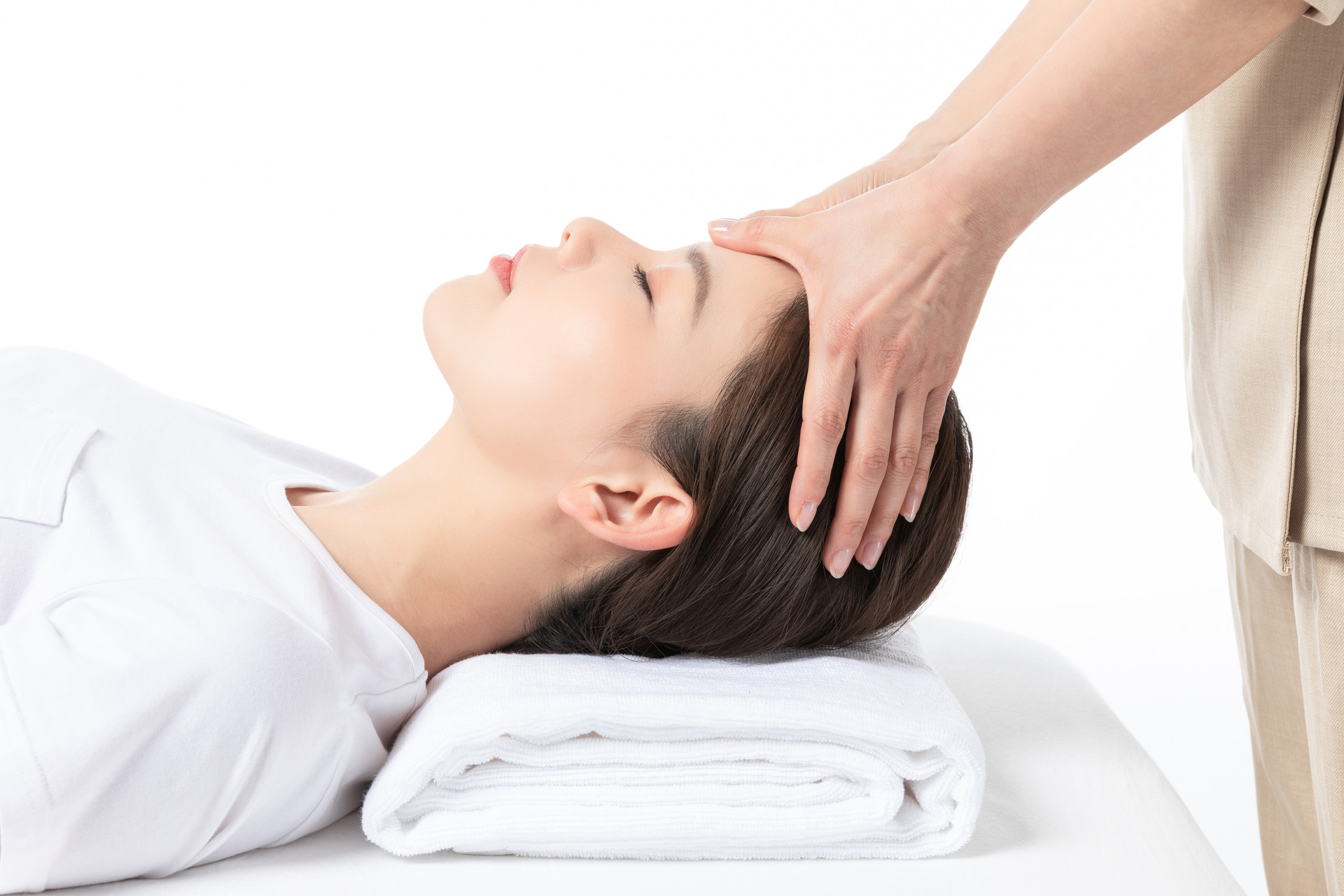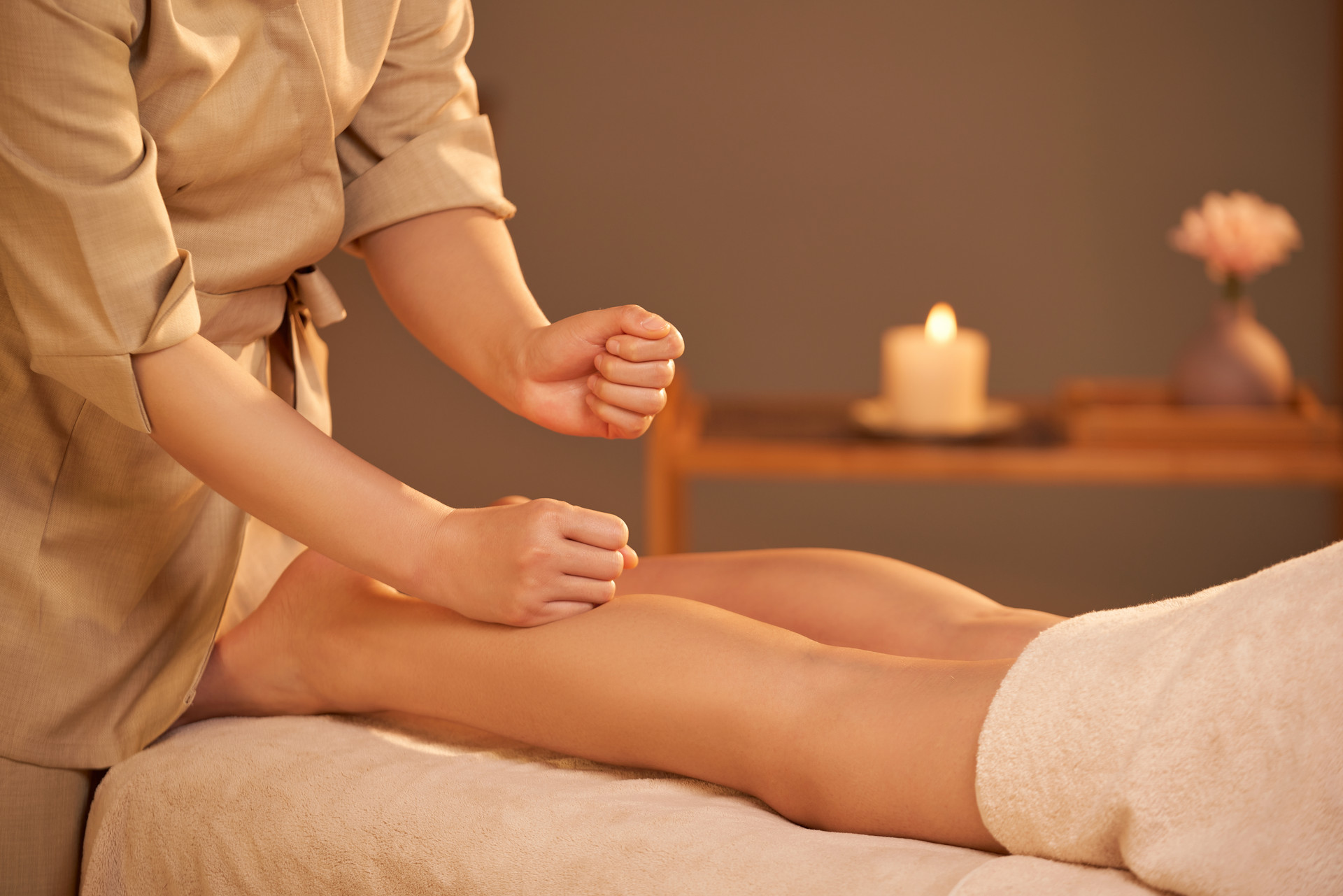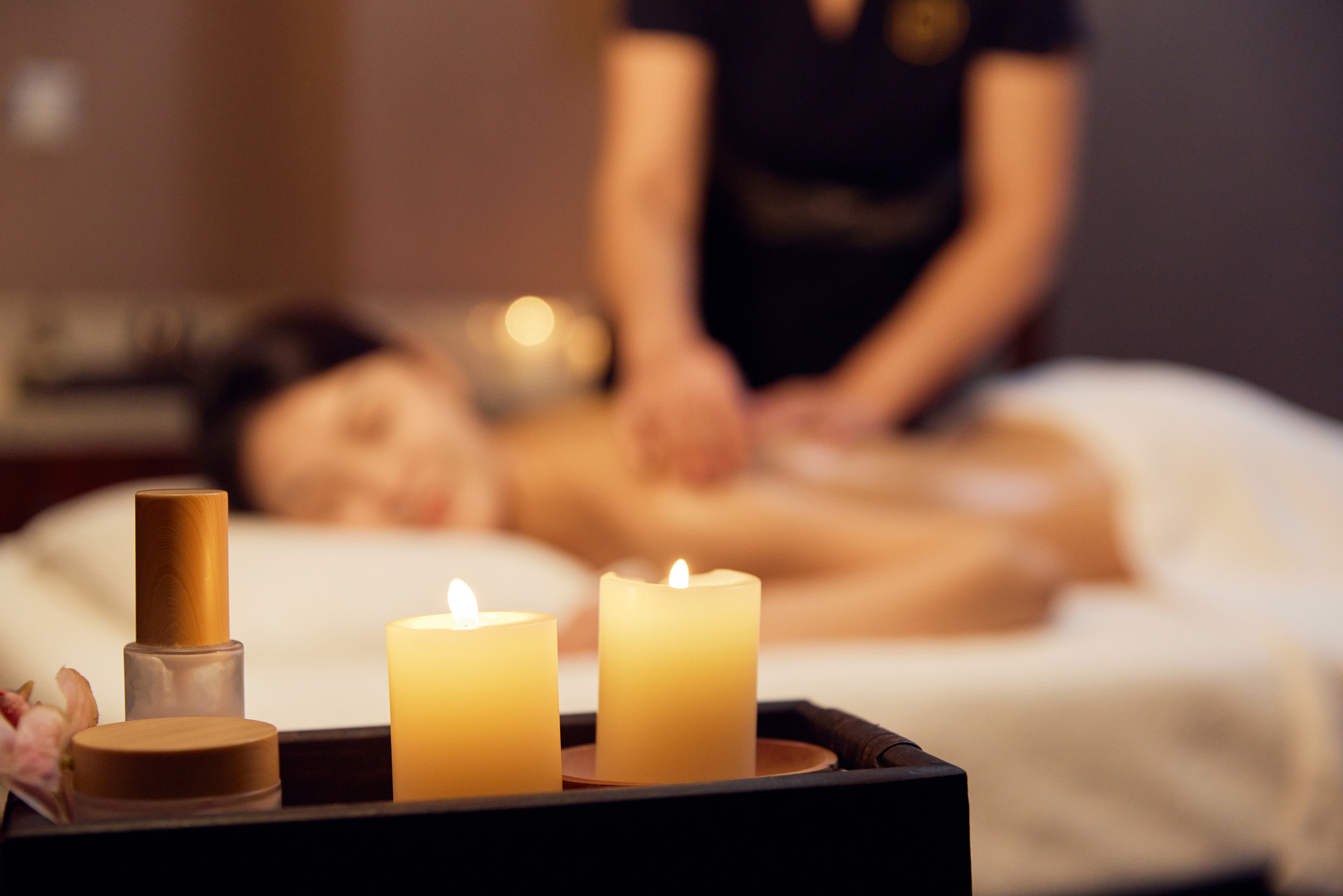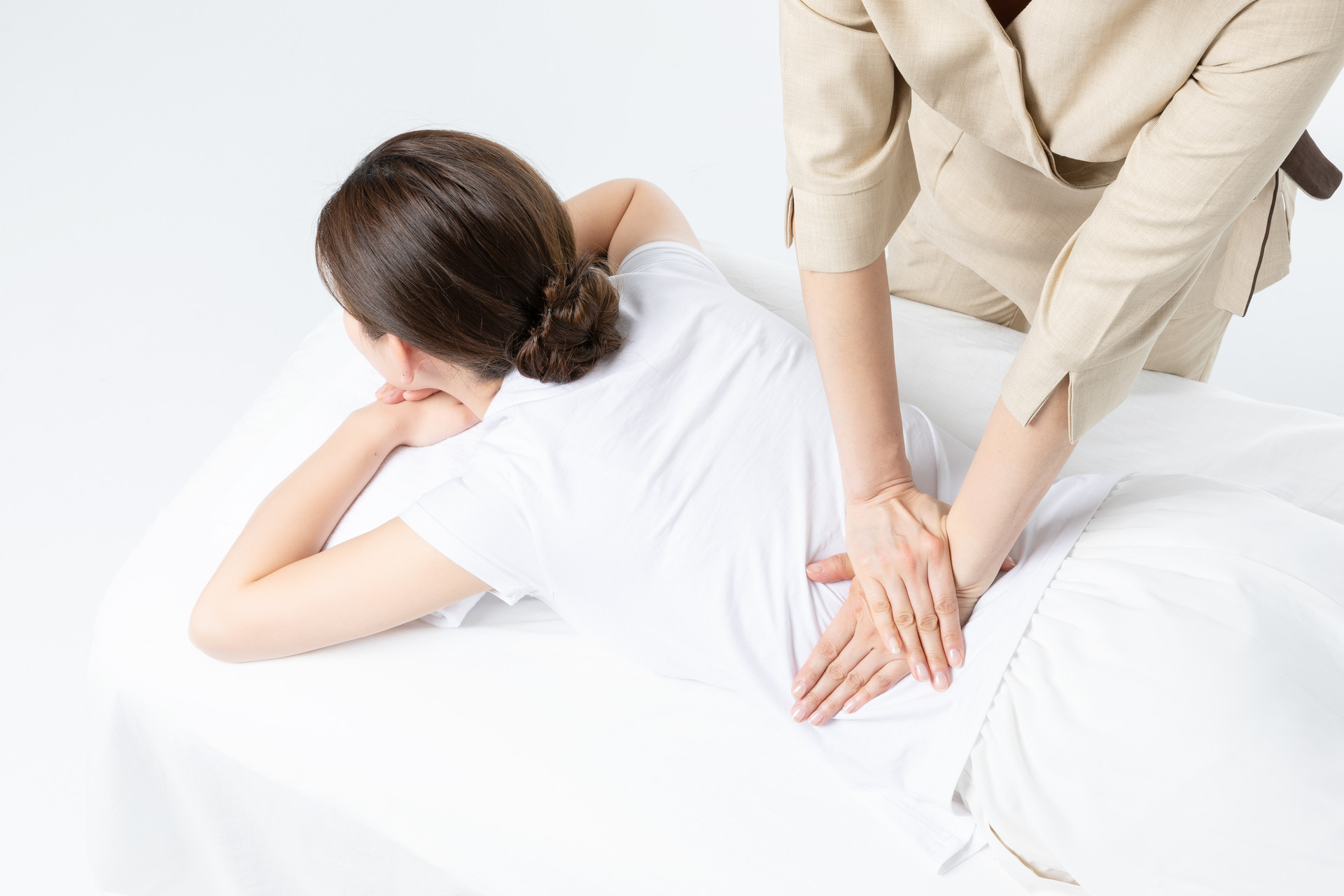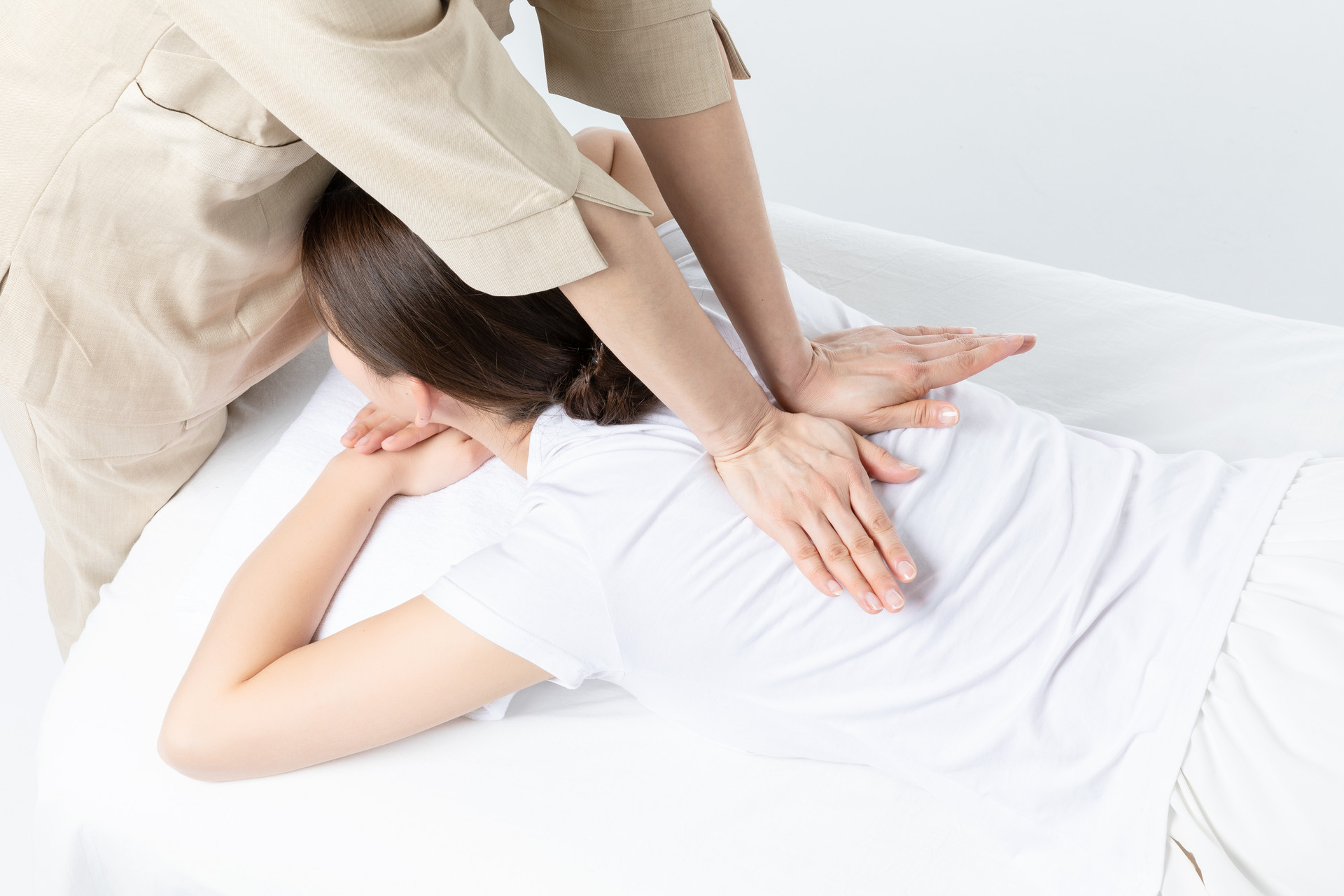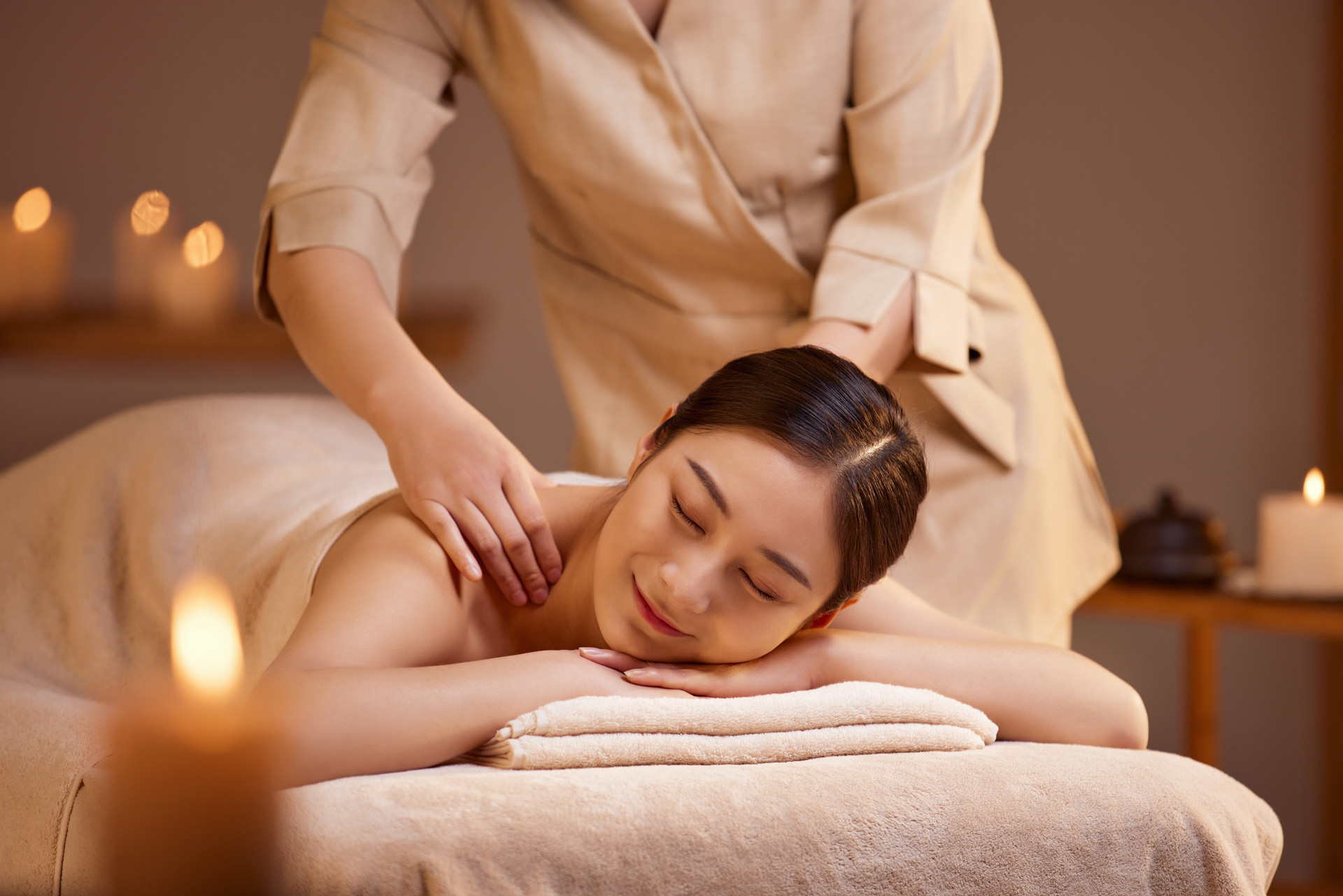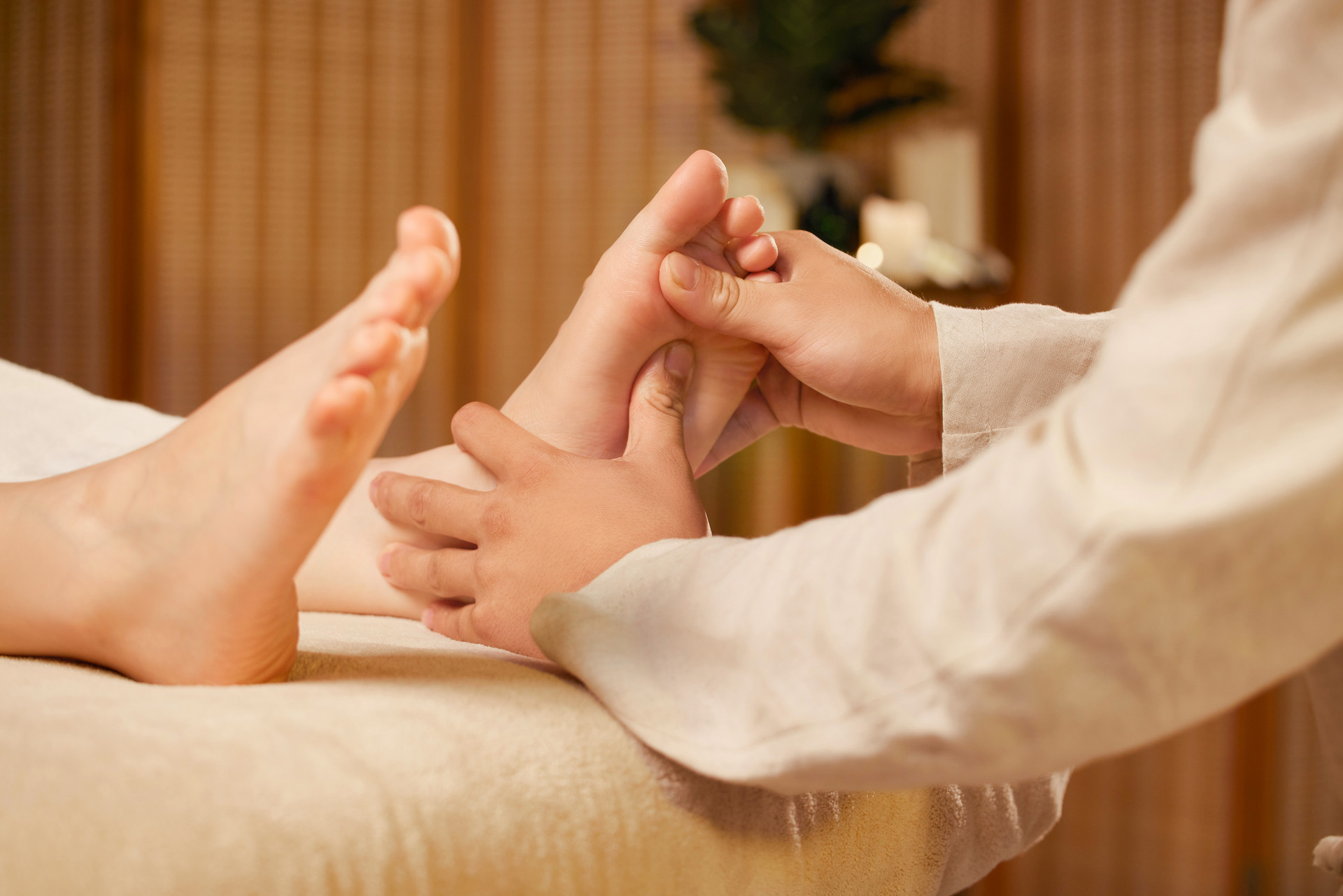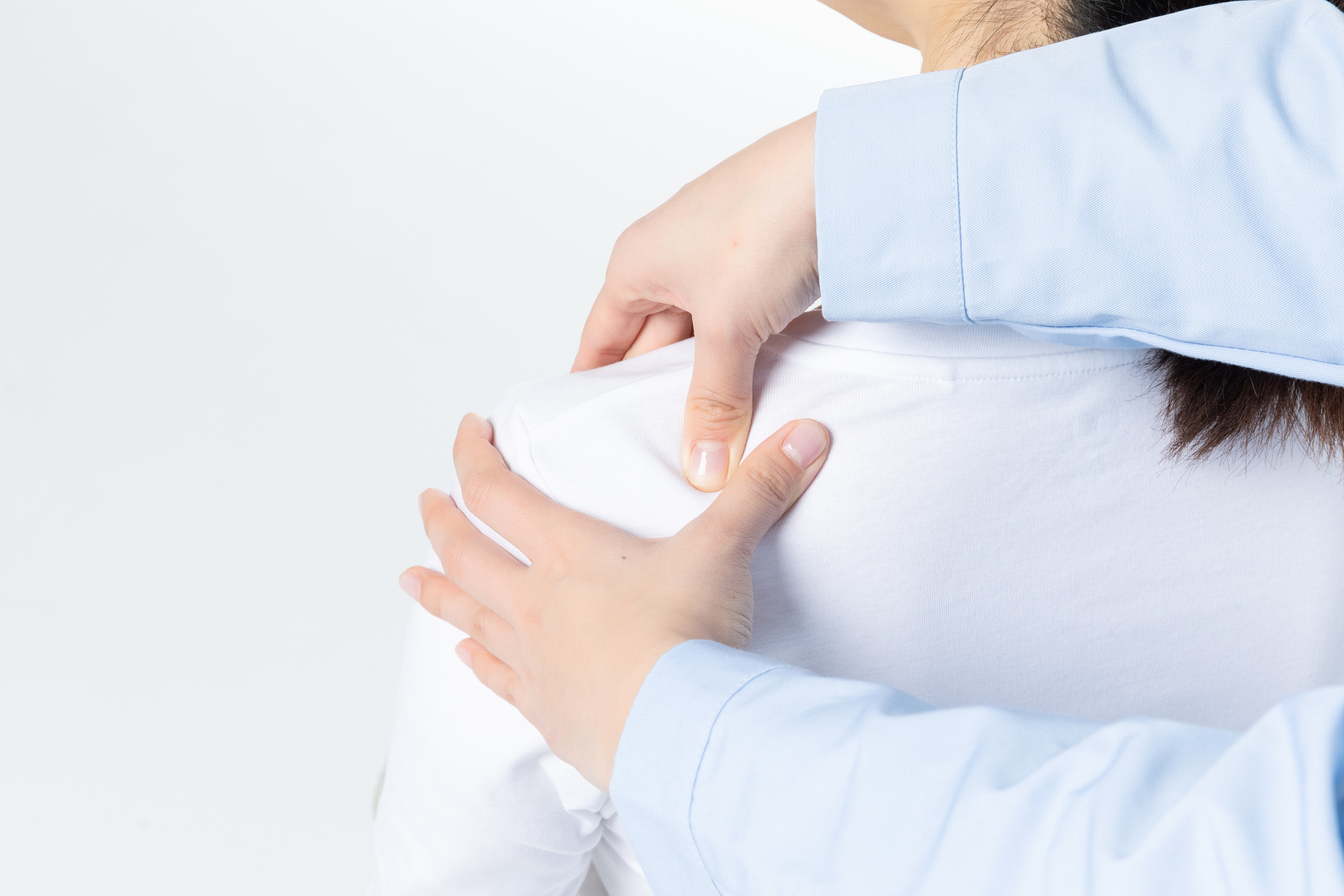When traveling, it can be difficult to fall asleep in a new sleeping environment. So, what methods can help relieve insomnia during your journey? Traditional Chinese medicine (TCM) introduces a simple and effective acupressure technique.
TCM commonly uses the following acupoints:
Back:
Geshu, Geguan, Zhiyang, Dushi, Shenyu;
Chest and abdomen: Jiuwei, Juque, Burong, Qimen, Daju, Guanyuan.
There are also other acupoints that can help with sleep:
Tianzhu: Tianzhu acupoint is located at the base of the back of the head. Slowly massage this area with your thumbs to alleviate headaches, calm the mind, and promote easier sleep.
Jiuwei: Jiuwei acupoint is located in the lower part of the sternum (in the center of the chest). Apply even pressure to this acupoint with your thumbs to relieve restlessness and achieve a calm state of mind for better sleep.
Geshi: Geshi acupoint is located slightly below the scapulae. Use your thumbs to apply pressure to this acupoint, which can help relieve breathing difficulties and alleviate lower back pain or discomfort, promoting easier sleep.
Guanyuan: Guanyuan acupoint is located three fingers below the navel. Press this acupoint with stacked hands or massage the surrounding area to achieve emotional stability and better sleep.

Baihui: Baihui acupoint is located at the top of the head (in the center, along the line connecting the ears). Slowly apply pressure with your thumbs to achieve emotional stability and easier sleep.
When using this acupressure technique for treating insomnia, keep the following points in mind:
1. Perform this technique once a day, before going to bed;
2. The pressure applied during the massage should not be too strong, as excessive stimulation may hinder sleep;
3. Engage in physical activities and avoid emotional stress to reduce anxiety;
4. Avoid drinking strong tea or coffee before bedtime.


